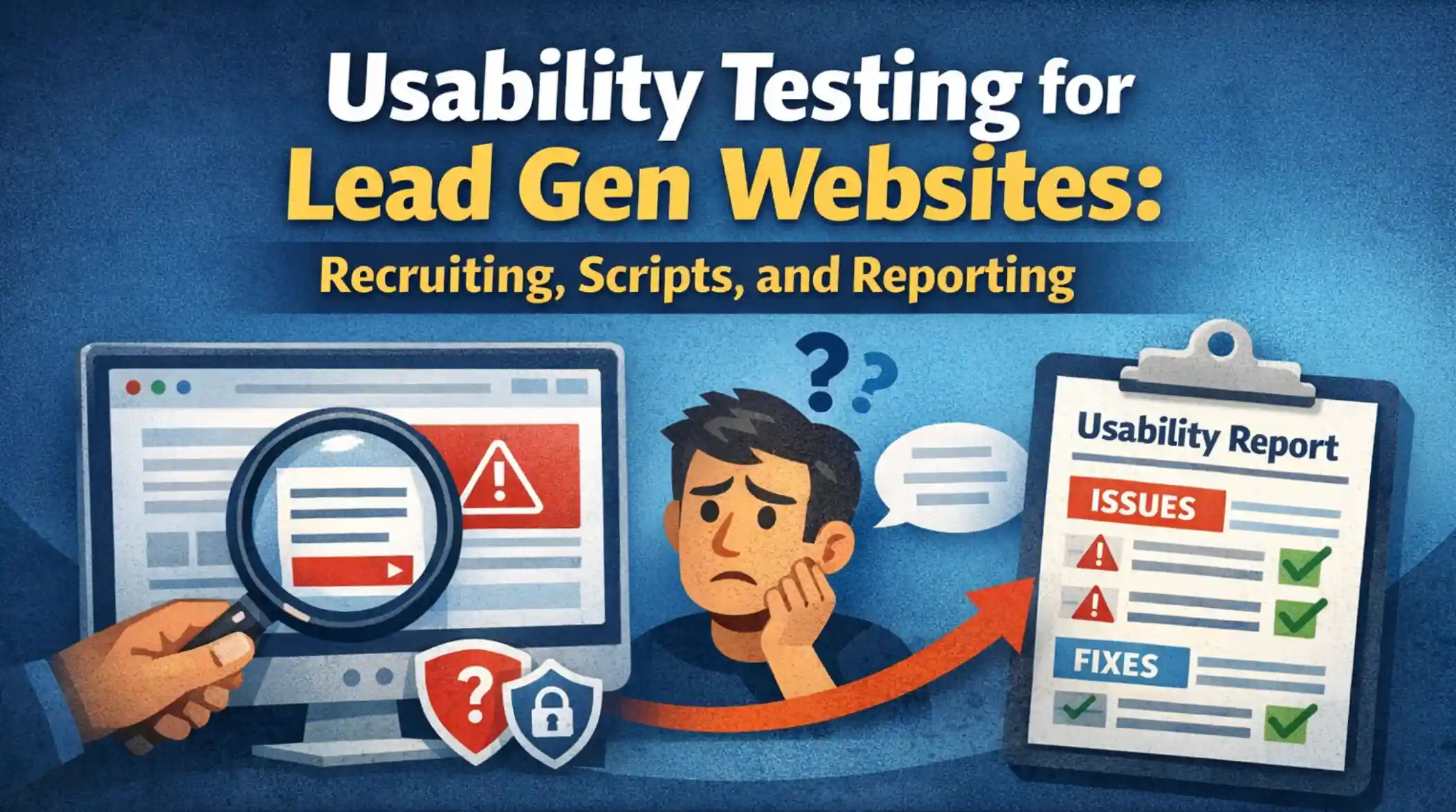Exploring Google Maps' AI-Powered Update
Updated on
Published on

Google Maps continues to evolve, not just as a navigation tool but as a personalized guide to local discoveries. Google just released a new feature that uses artificial intelligence (AI) to completely change how people find businesses in their area. With a conversational interface, users can now easily find suggestions that are perfect for them based on their likes and interests. Here's a closer look at this AI-powered Google Maps feature and what it means for how we explore our local areas.

You might be excited to find hidden gems that suit your tastes when you go to a new city or even your own neighbourhood. With the AI-powered discovery feature on Google Maps, this journey of exploration becomes a lot easier and more tailored to you. Google Maps uses big language models to look through a huge database with millions of places and user-generated content like reviews, ratings, and photos. Because it knows so much, the AI can make personalized suggestions in real time. One amazing thing about this feature is that it has a conversational interface that makes it feel like you are talking to a real person. With natural language queries, users can easily express their preferences and start searches. For example, if you ask Maps for "places with a retro vibe in Manhattan," it will give you a list of suggestions that include everything from funky clothing shops to old record stores and lively flea markets. This conversational approach not only simplifies the search process but also fosters a sense of engagement and rapport between the user and the technology.
The most important thing about this AI-powered discovery is that it can give users highly personalized suggestions based on their specific interests. By analyzing a myriad of data points, including location, preferences, and contextual factors, Google Maps ensures that every recommendation resonates with the user on a personal level. Whether you're a culinary enthusiast seeking a cozy café or a family in search of child-friendly attractions, the AI effortlessly adapts to your needs, offering curated suggestions enriched with photos and review highlights.
The AI-powered discovery feature isn't just about providing static recommendations; it's about adapting to the dynamic nature of human exploration. Users can refine their searches with follow-up questions, further fine-tuning their recommendations. Want to grab lunch after exploring vintage boutiques? Simply ask Maps, "How about lunch?" and witness a curated list of eateries with the desired ambiance. Moreover, the feature caters to spontaneous changes in plans, offering suggestions based on real-time factors such as weather conditions and group dynamics.
Google knows that getting people to use its AI technology is an important part of making it better. The company uses a collaborative approach to get feedback from a small group of passionate local guides. These guides add to Google Maps with their knowledge and insights. By incorporating their feedback, Google ensures that the AI remains accurate, reliable, and reflective of diverse perspectives. This process of making small changes over and over again shows that Google is dedicated to improving user experiences all the time.
The effects of this AI-powered feature go far beyond just making things easier; they change what it means to discover things in your area. In addition to bringing to our attention niche businesses and lesser-known attractions, technology improves our exploration experiences by revealing new adventures and hidden treasures. It also gives businesses a great chance to connect with very specific groups of people, which can bring them qualified traffic and get them involved in their communities.
As we move toward a future powered by AI, both businesses and users will need to change to make the most of it. As businesses try to rank for conversational searches and take advantage of suggestions made by AI, optimizing their online content becomes more important than ever. For the same reason, users need to learn how to use AI-powered technologies to improve their exploration experiences while still keeping an open mind about what is real and important. By using AI, Google has turned its navigation platform into a trusted friend who leads us through the maze of local discoveries with a level of accuracy and customization that has never been seen before.









